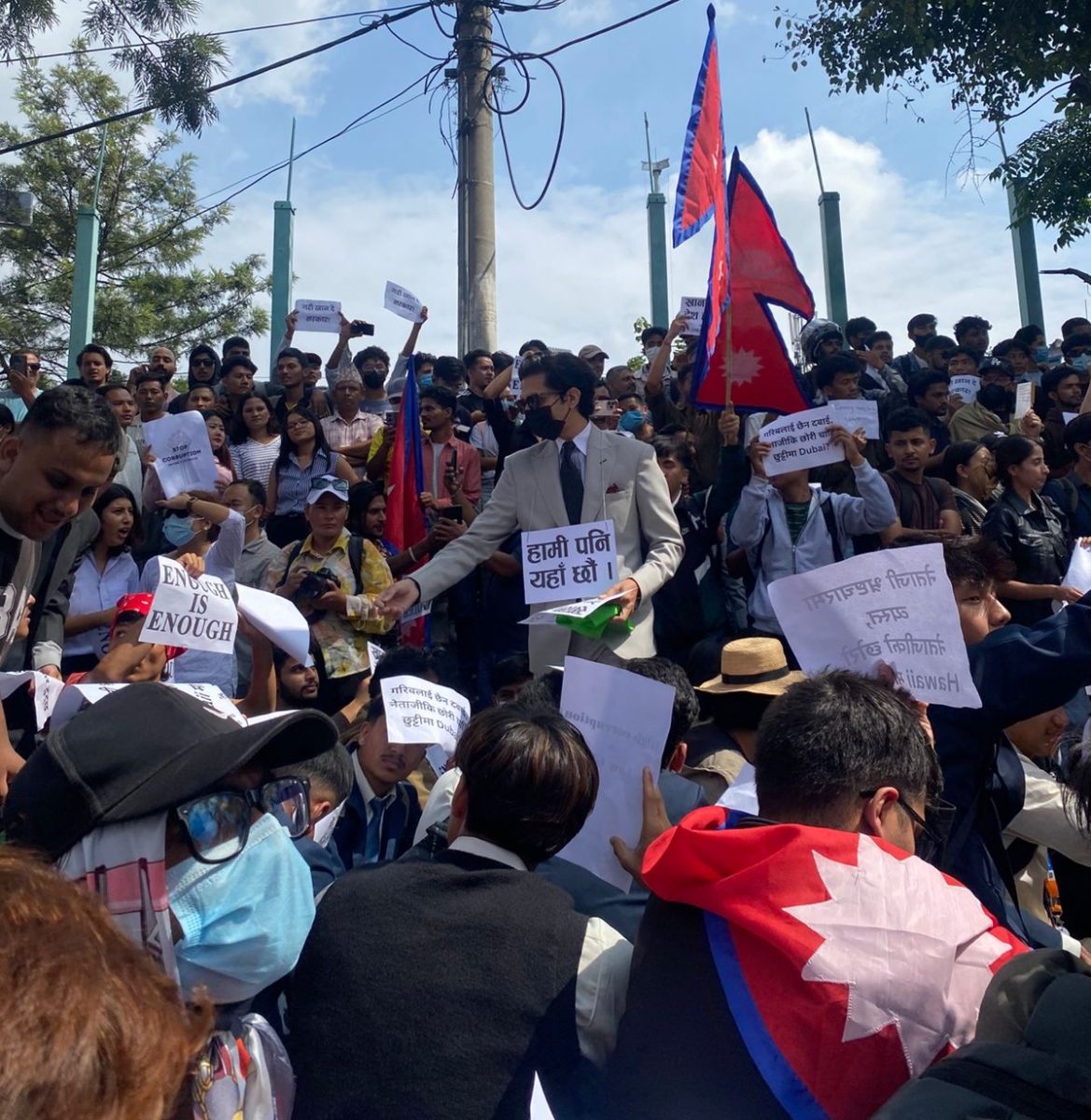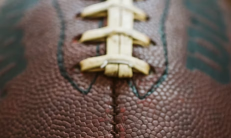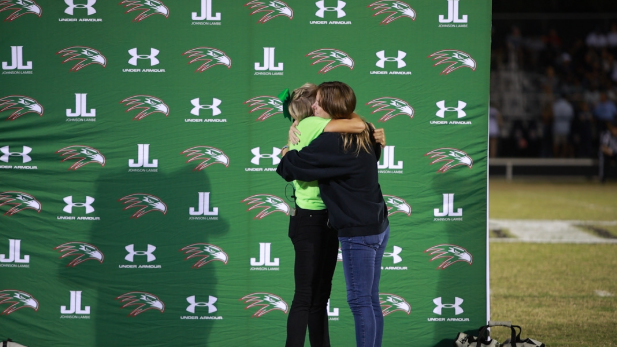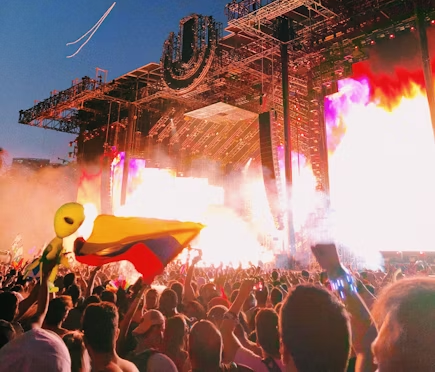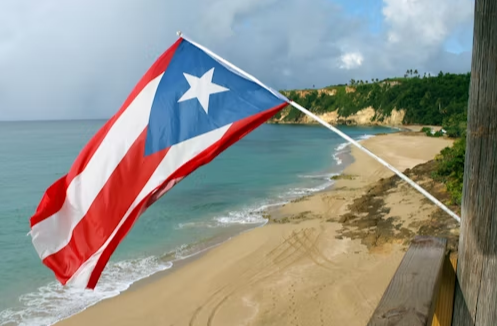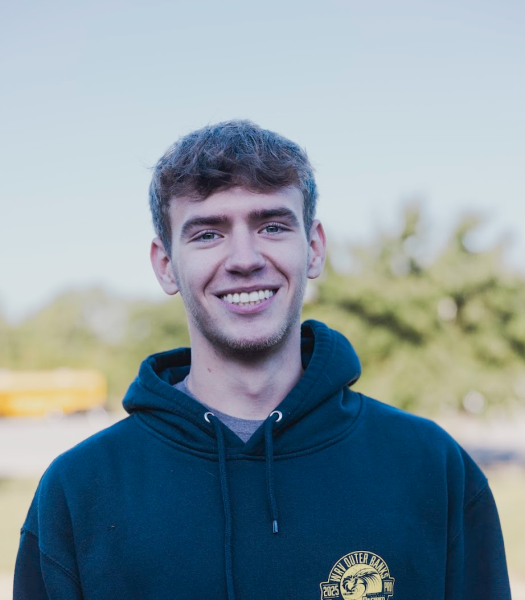The world of sports turned to their screens to watch the Summer Olympics. With international records, memorable moments, surprising wins and even some controversy, it was an enticing watch for anyone. After these events ended, a whole new set of games began. A group of courageous athletes who have overcome more challenges than anyone took the stage at the 2024 Summer Paralympics.
Long before the Paralympics began, sports teams for the disabled were created and became popular after World War II to assist injured veterans and citizens. This idea grew in popularity after Dr. Ludwig Guttmann created competitive injury rehabilitation sports teams at the Stoke Mandeville Hospital. On July 29, 1948, the opening day of the London Olympic Games, Dr. Guttmann held a competition for wheelchair athletes. 16 injured servicemen and servicewomen participated in archery. Four years later, Dutch servicemen joined this competition, and the International Stoke Mandeville Games were created.
The Stoke Mandeville Games became the Paralympics in 1960 and have taken place every four years since. The International Olympic Committee and International Paralympic Committee made an agreement that stated cities that hosted the Olympics would also have to host the Paralympics. Due to this agreement, the Olympics and Paralympics have taken place in the same city and venue since 1988.
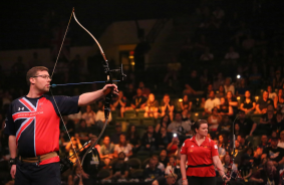
Many wonder about the requirements of the Paralympics. What classifies someone as “disabled” and what says someone can participate? There are ten specifications that determine whether or not someone is allowed to participate in the Paralympics. These span different muscle, limb, movement, vision and mental impairments. Skeptics of the Paralympics argue that these games are unfair, arguing that some athletes are “more disabled” or “less disabled.” These rules make sure everyone has a fair chance and that the competition is based on skill rather than other circumstances.
Sports in the Paralympics are mostly similar to the Olympic games. However, these games are altered for the athletes to make them playable. Many of the sports are labeled with “para” before the sport name to denote that they are played by disabled athletes, such as para archery, para badminton, para powerlifting and much more. Other sports are played blind to create a fair playing field for athletes with vision impairments. Basketball, fencing, rugby and tennis are all played in wheelchairs. Volleyball is played sitting down and with a lower net.
Two paralympic games have no Olympic counterpart: goalball and boccia. Goalball is a game played blind where the point is to throw the ball into a net past three defenders. The teams switch back and forth between offense and defense, with players stopping if the ball goes out of bounds, a foul occurs or a team scores. The game ends when regulation time is over, with a golden goal (first to score wins) situation occurring in overtime if the score is tied. Boccia is a game played with a jack ball and four balls per person. The jack ball is thrown, and then each player must throw their four balls in an attempt to get their balls as close to the jack ball as possible. A point is scored for the ball that is closest to the jack ball. If a player has more than one ball equally close to the jack ball, they receive two points.

(Nolan Sullivan)
This year, the 2024 Paris Paralympics began on August 28 and ended on Sep. 8. China won with 94 gold medals, 76 silver medals and 50 bronze medals for a grand total of 220 medals. In second place was Great Britain with 49 gold, 44 silver and 31 bronze, winning 124 medals in all. Bringing up the top three was the United States with 36 gold, 42 silver, and 27 bronze, earning 105 total medals. Regardless of the medal count, all of the countries and athletes that participated deserve recognition for their achievements.
Some of the most impressive moments from the 2024 Paralympics included world records, paralympic records, and two marriage proposals. Onyinyechi Mark, a Nigerian powerlifter, won gold and set the world record for para powerlifting with a 150 kg (330.6 lbs) bench press. It was a memorable day for track and field para athletes, as Australia’s Vanessa Low and the United States’s Noelle Malkamaki both set world records in the long jump and shotput, respectively. Low jumped an incredible 5.45 meters (17.88 ft) while Malkamaki stepped up in women’s shotput to throw an equally as impressive 14.06 meters (46.13 ft). Many other incredible records were set, showcasing the true prowess of these athletes.
While the focus was heavily on the games, there were some remarkable events that drew viewers attention. During the Paralympics, some of the athletes took their special moments even further and proposed to their loved ones. Under the lights of the Eiffel Tower at night, in the beautiful Paralympic village, or even right after their events, Italian athlete Alessandro Ossola, Brazilian athlete Rogerio Junior Xavier and Spanish athlete Lionel Morales Gonzalez took the opportunity to make magic at the Paralympics. Medal or not, these athletes left with endless memories from their time in Paris.
The 2024 Paris Paralympics had tons of wonderful moments, memories, records and spectacular performances. These awe-inspiring athletes from across the world have overcome boundaries at every step of their journey to get where they are now. Their accomplishments deserve recognition, and because of Dr. Ludwig Guttmann, para athletes get a worldwide stage to perform on.









